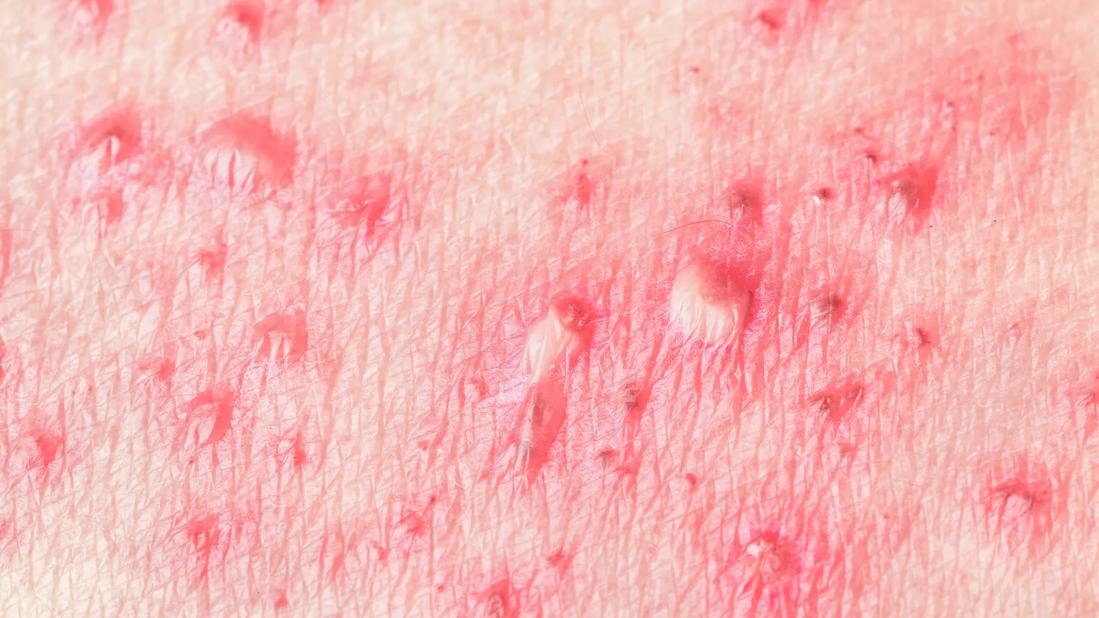Shingrix vaccine for compromised immune systems

Image content: This image is available to view online.
View image online (https://assets.clevelandclinic.org/transform/4a094712-8c2a-48fc-a3ae-946cdcbe3c92/GettyImages-480135608_jpg)
How You Can Avoid Shingles If You Have Cancer
If you’re an adult over age 50 receiving chemotherapy for cancer, you can now take steps to cut your risk for shingles, a painful infection caused by the same virus as the chicken pox.
Advertisement
Cleveland Clinic is a non-profit academic medical center. Advertising on our site helps support our mission. We do not endorse non-Cleveland Clinic products or services. Policy
Preventative options were once limited because the original shingles vaccine, called Zostavax®, was not an option for anyone with a compromised immune system. But the newly approved Shingrix® vaccine is an option.
Unlike the older vaccine, Shingrix is not made from a live virus. “This means there’s no chance you can get shingles from the vaccine,” says clinical immunologist Leonard Calabrese, DO.
Shingrix is administered by two injections, and there is a slight risk of side effects with each.
Some people may experience soreness at the injection site or about 10% of people can have flu-like symptoms, such as muscle aches, fever, chills and fatigue, that can last about a week. However, getting more than 90% protection from shingles over three or more years is a worthwhile trade-off, Dr. Calabrese says.
Oncologist Dale Shepard, MD, PhD, says it’s important if you’re receiving cancer treatment to get the vaccine, if possible.
“Having decreased immunity can increase the likelihood of getting shingles, so that’s even more reason people should maintain their vaccines,” he says.
You should avoid getting Shingrix if you:
Advertisement
If you think you’re a candidate for Shingrix, talk with your doctor about if and when you should receive it. They can explain its benefits and offer advice based on your personal health history.
Advertisement

Sign up for our Health Essentials emails for expert guidance on nutrition, fitness, sleep, skin care and more.
Learn more about our editorial process.
Advertisement
Prioritize protein and fresh produce, but be extra careful to avoid bacteria that could cause foodborne illnesses
Here’s how (and why) to ask your doctor about treatment goals, second opinions, clinical trials and more
Rates of early-onset breast, colorectal and GI cancers are increasing, but preventive care and a healthy lifestyle can help reduce your risk
The side effects of cancer and treatment can impact desire, sexual function and intimacy, but there are ways you can keep the flame going
Decisions you make regarding smoking, alcohol use, meal choices and exercise can make a big difference
Taming fear and reclaiming your future after treatment
Carcinomas are the most common and affect skin and organs
7 healthy eating tips to help reduce your risk of some of the most common types of cancer
Prioritize your health by managing stress, strengthening your social connections and getting quality sleep
Bolsters, blankets, pillows and blocks can offer extra support, stability and comfort
Allergies, postnasal drip, asthma or reflux could be to blame for a cough that won’t quit